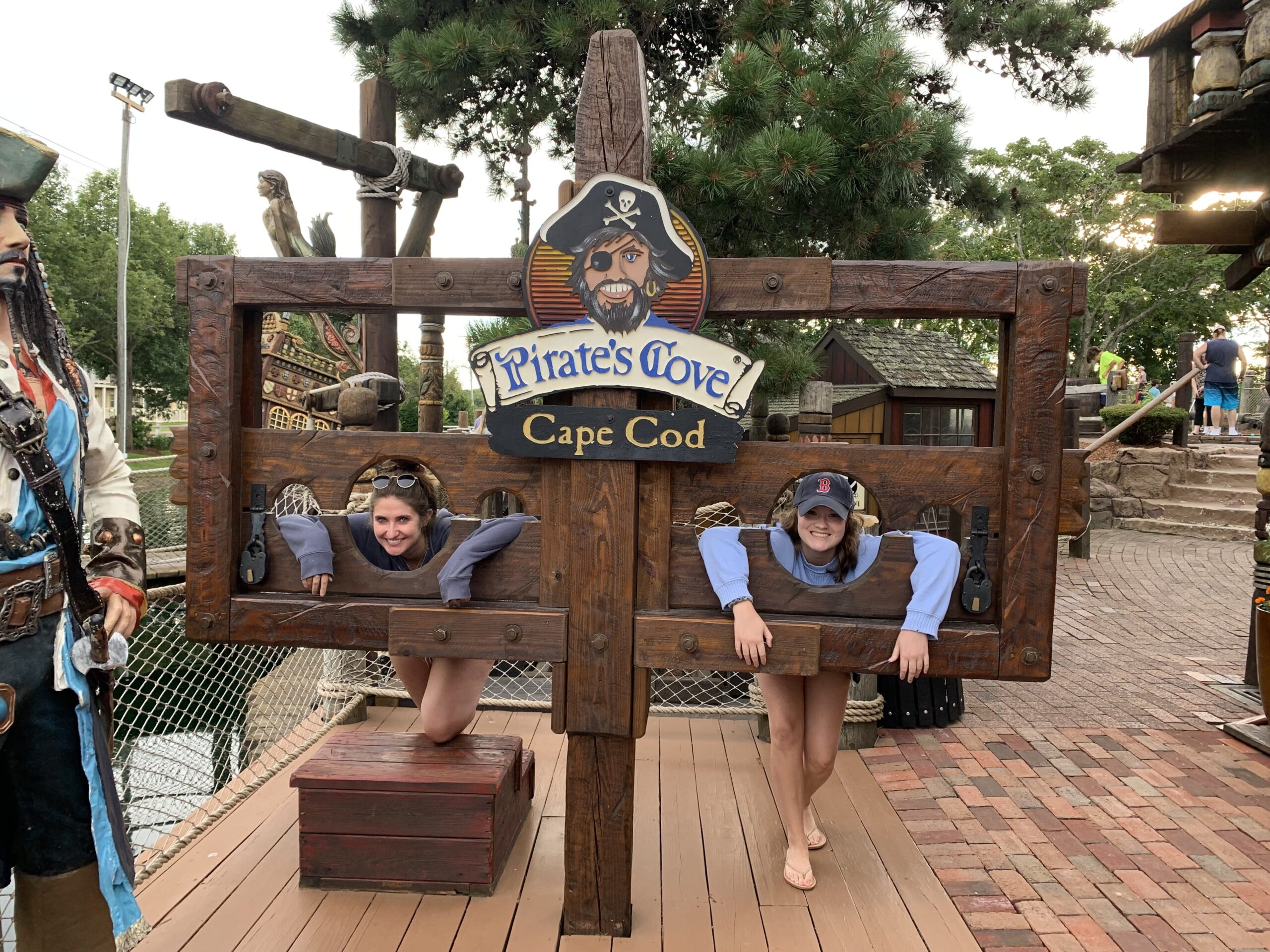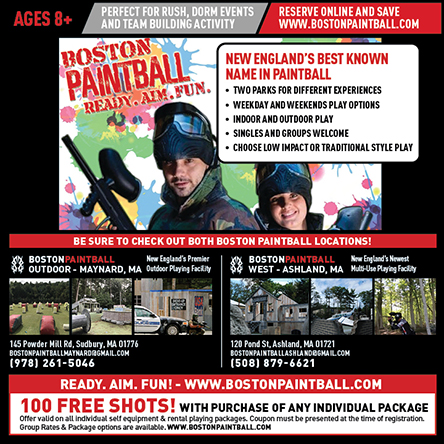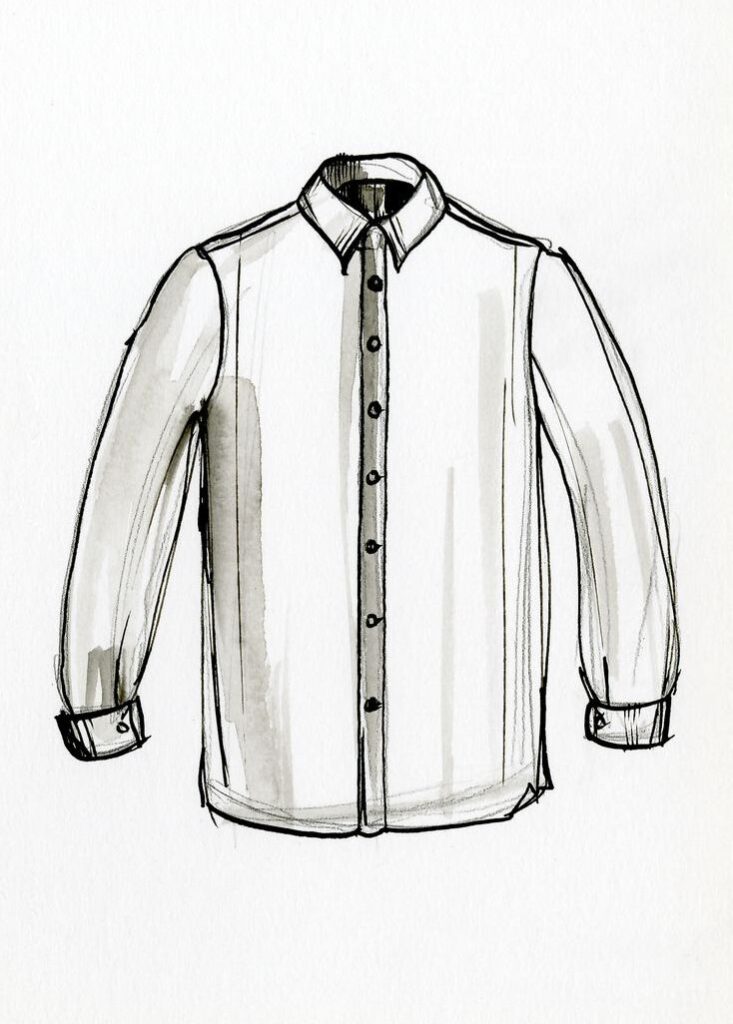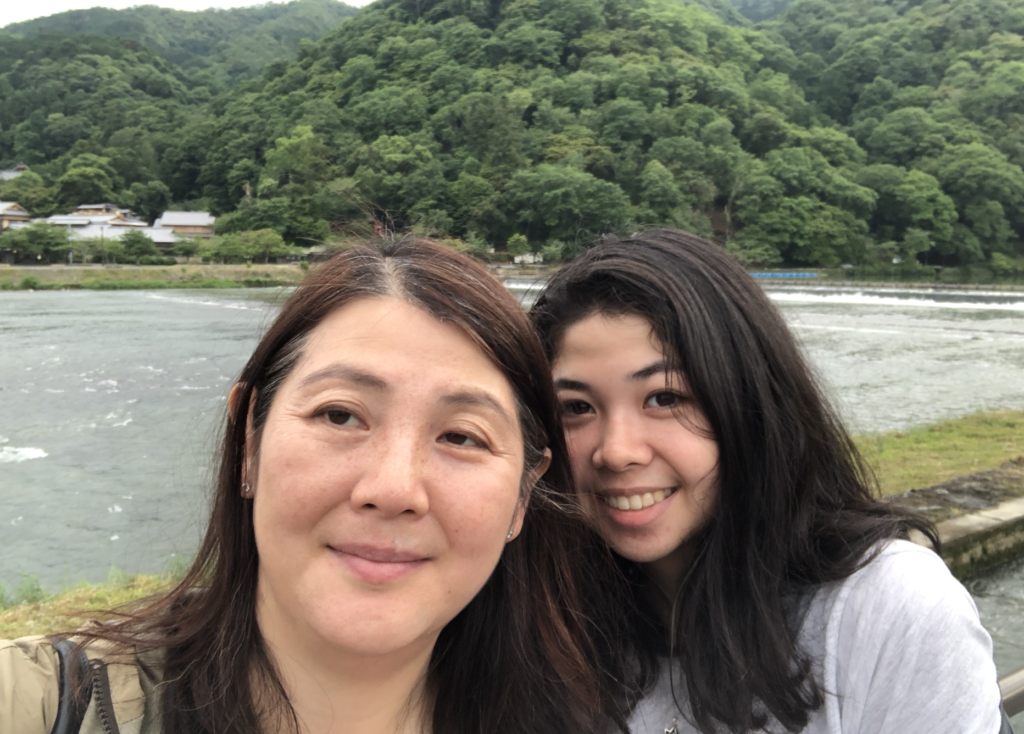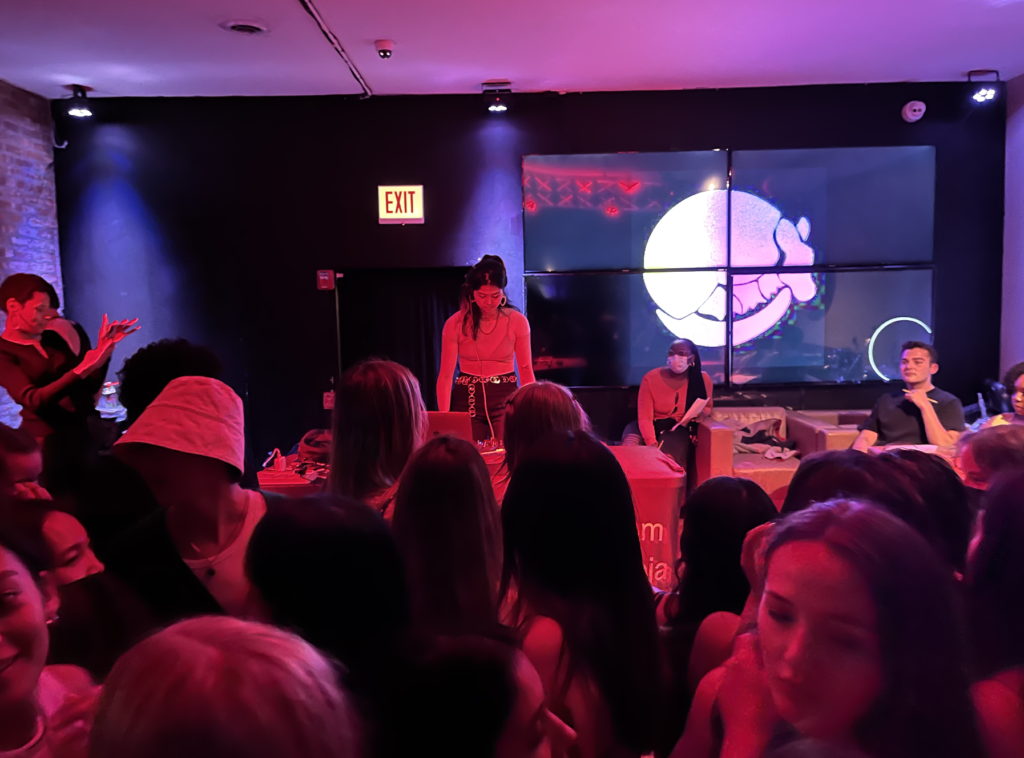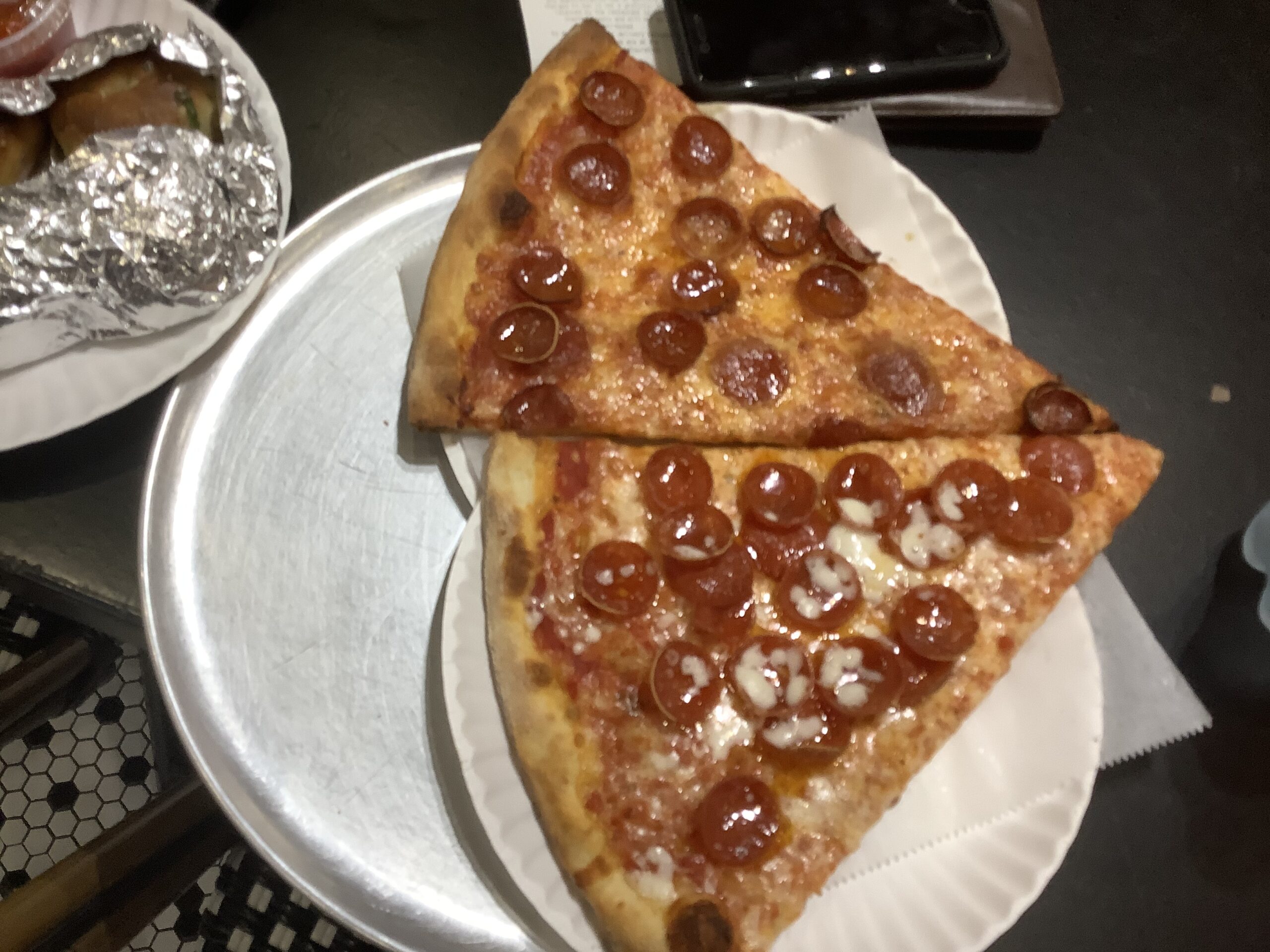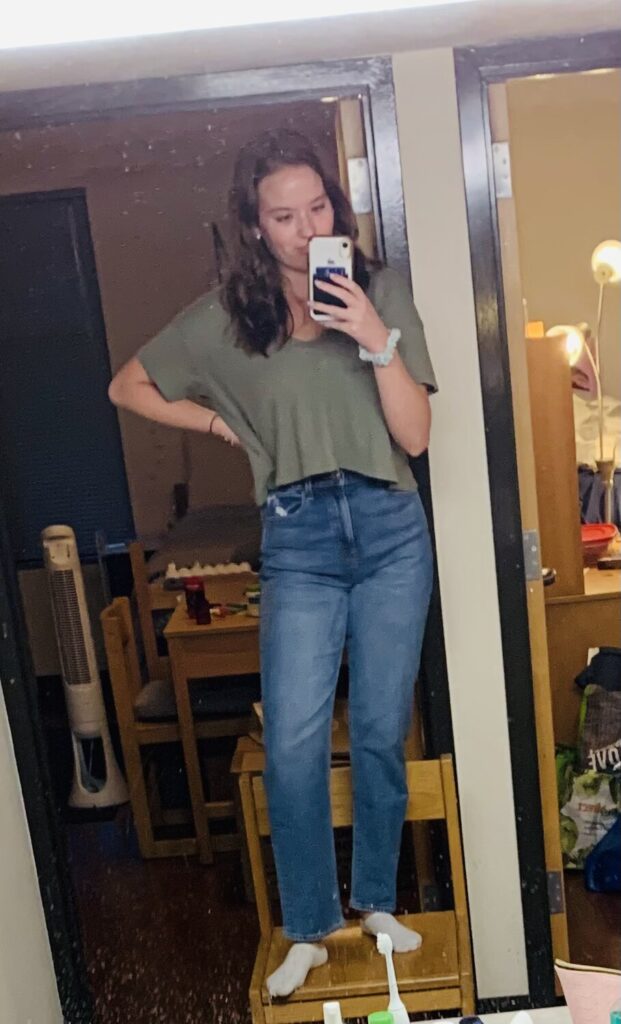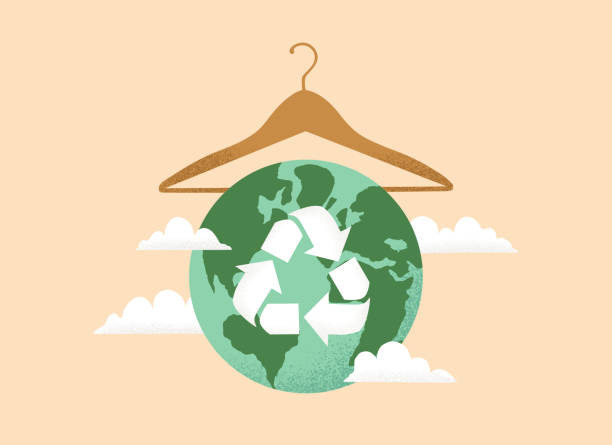Whenever we are shipping or traveling with something fragile, we always label it as such and make sure that the item is handled with the utmost care. Why do we so seldom treat ourselves with the same caution? Items are replaceable, but we—as I hope you know—are not.
I’ve covered a lot of different topics throughout my writing about the COVID-19 pandemic—from being sent home from college, to current events, to relationships, and everything else in between. Truthfully, I could probably write about all the other ways that this unprecedented era of human history intersected with our normal lives, but almost anything you can think of would lead you right back here to a discussion of mental health and self-care—perhaps the greatest lesson that COVID may have had to offer.
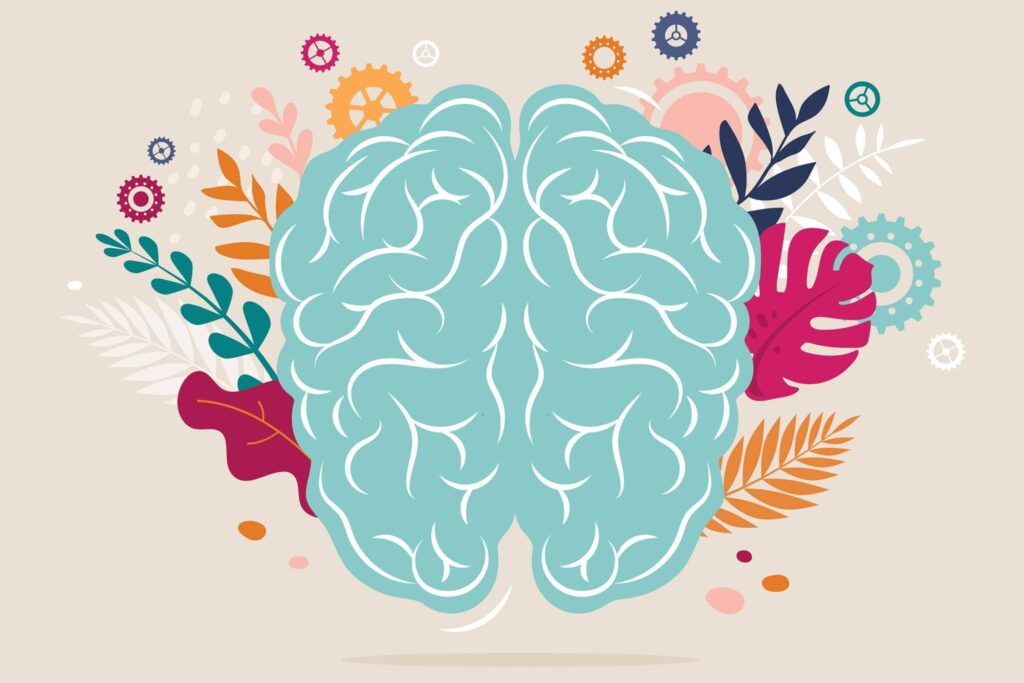
Mental health wasn’t really something that I thought deeply about until I got to college. When I look back on high school and think about a lot of my habits—burning the midnight oil to finish my homework, sacrificing sleep, and generally spreading myself too thin—I can’t help but cringe. We’re taught that this is what it means to “work hard,” but it comes at a pretty high cost, especially when you’re young. No one should have to feel like that is the way you need to operate, no matter what stage of life you’re at. You are not the work you do or the grades that you get; your worth is far beyond that, which is something I try to remind myself when I start to believe otherwise.
I still find myself exhibiting many of these behaviors in college, and it wasn’t until this point in my life where I started to feel physiological responses to my stress or anxiety—heart beating too fast, thoughts racing out of control, worrying about everything. And most of the time, I was concerned more so with how it would affect me academically, not physically or mentally. Yikes.
The pandemic really changed my perspective on mental health, not only showing how important it is to prioritize all aspects of your health, but also pointing out how many of the things we accepted as normal before COVID were deeply flawed. For instance, growing up, it was always expected that you would go to school or to work even if you were not feeling well. If you had a cold, you had to stick it out. If you didn’t sleep well, were feeling overwhelmed, or were burnt out, you had to find a way to get through the day. But now that we have lived through the onset of a deadly, infectious disease, we realize just how ridiculous this kind of behavior is. At school, more and more professors in their syllabi are now encouraging us not to come to class if we feel any inkling of an illness to make sure that we don’t spread it around to others. There is no good reason to force ourselves into doing things when we are not at our best, a mindset we should have adopted long ago.
Now, a lot of my professors have also added mental health provisions to their syllabi, encouraging us to take a day off class if we are struggling mentally and can’t engage with the class. Our student government leaders are pushing to make missing class for mental health reasons count as excused absences. In 2021, a student organization that carries out the mission of the Bandana Project, a national mental health awareness and suicide prevention campaign, was formed on our campus, seeking to provide students with resources for and breaking the stigma around mental health—all it takes is a green bandana to show your support and willingness to engage in the campaign. All of these changes ensure that we never have to feel that our academic career takes precedence over our wellbeing. At the end of the day, we’re at college to learn, not to burn ourselves out.
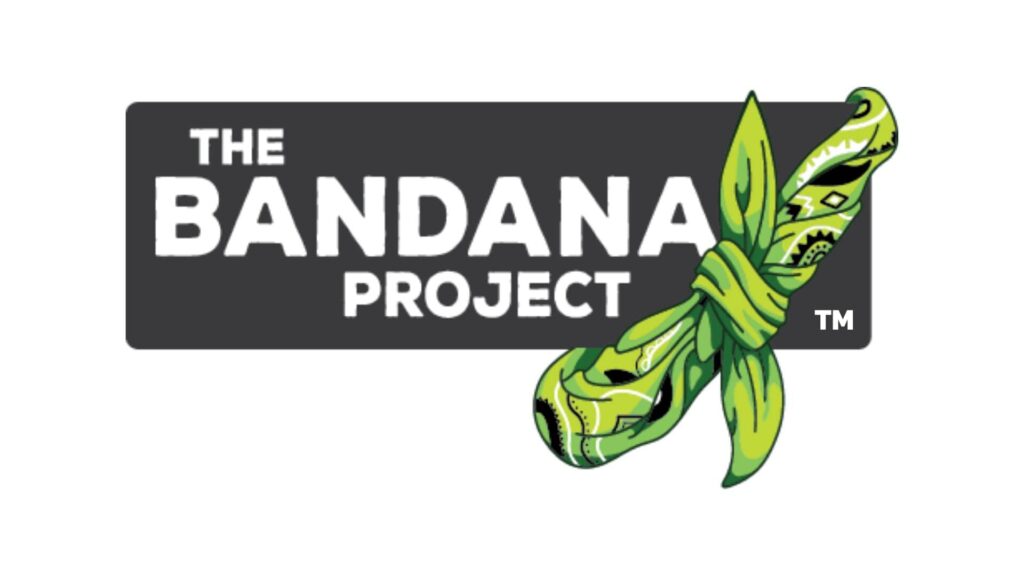
Be sure to check out this amazing organization!
Over the last couple of years, a lot of different stressors in our lives have converged at once: the spread of COVID-19, long periods of isolation, our nation in turmoil, and the general uncertainty of everything, while still having to go to college either online or in person when it became safe again. We are still dealing with the long-term consequences of all of these things, and the pandemic still isn’t really over. But we are all human and we can only expect so much out of ourselves, so if COVID did one thing for us, it was to force us to slow down and reconfigure our thinking to gear ourselves toward what is really important: taking care of ourselves.
So, remember to listen to what your body or your mind is saying—you are the best person to judge your limits and realize what you need at any given moment. Do the things that you enjoy doing, make you happy, and help you to heal—read a book, do a face mask, chill out (just to name a few of my go-to strategies). Totally cliché, but life really is all about balance. It takes effort to unlearn all of the things ingrained into our brains, something that I have still been struggling with, but at the end of the day, just please handle yourself with care.
As I said with my previous chapter regarding relationships, it should not have taken a global pandemic just to learn that we have to take care of ourselves physically, mentally, and emotionally. But I suppose it is better late than never.

By: Katie Reed
Katie Reed is a senior at Villanova University studying English and Communication. She is in utter disbelief that she just admitted to being a senior. She loves to read, but has made barely a dent in the increasingly large pile of books on her bookshelf that she told herself she would read this summer. She hopes to enter a career in the editing and publishing industry.
For over 20 years, the Campus Clipper has been offering awesome student discounts in NYC, from the East Side to Greenwich Village. Along with inspiration, the company offers students a special coupon booklet and the Official Student Guide, which encourages them to discover new places in the city and save money on food, clothing, and services. At the Campus Clipper, not only do we help our interns learn new skills, make money, and create wonderful e-books, we give them a platform to teach others. Check our website for more student savings and watch our YouTube video showing off some of New York City’s finest students during the Welcome Week of 2015.


